10 Things You Should Know About Carbon
Vital for survival, carbon is one of the most essential elements for living beings. Carbon lies at the heart of climate change and here are facts you need to know why is that so.

The sixth element on the periodic table of elements is carbon. It is one of the most essential elements for all living beings. Carbon is the fourth abundant element in the cosmos (after hydrogen, helium, and oxygen). Carbon is key to climatic change and is the basis for organic chemistry since it is found in all living organisms.
Here are some interesting things you ought to know about carbon.
1. 3000 Million Years Back, Most Of Today’s Coal Formed During Carboniferous Period
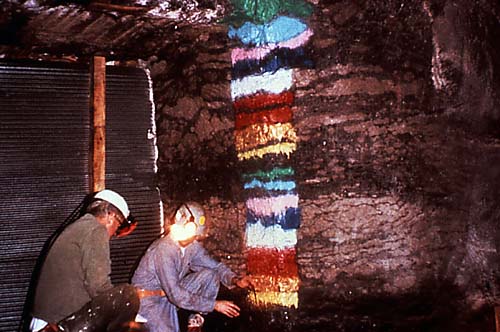
During carboniferous period when the Earth was a hot humid place without any people, most of the coal was originated about 300 million years ago.
2. 18% Of Our Human Body Mass Is Made Up Of Carbon
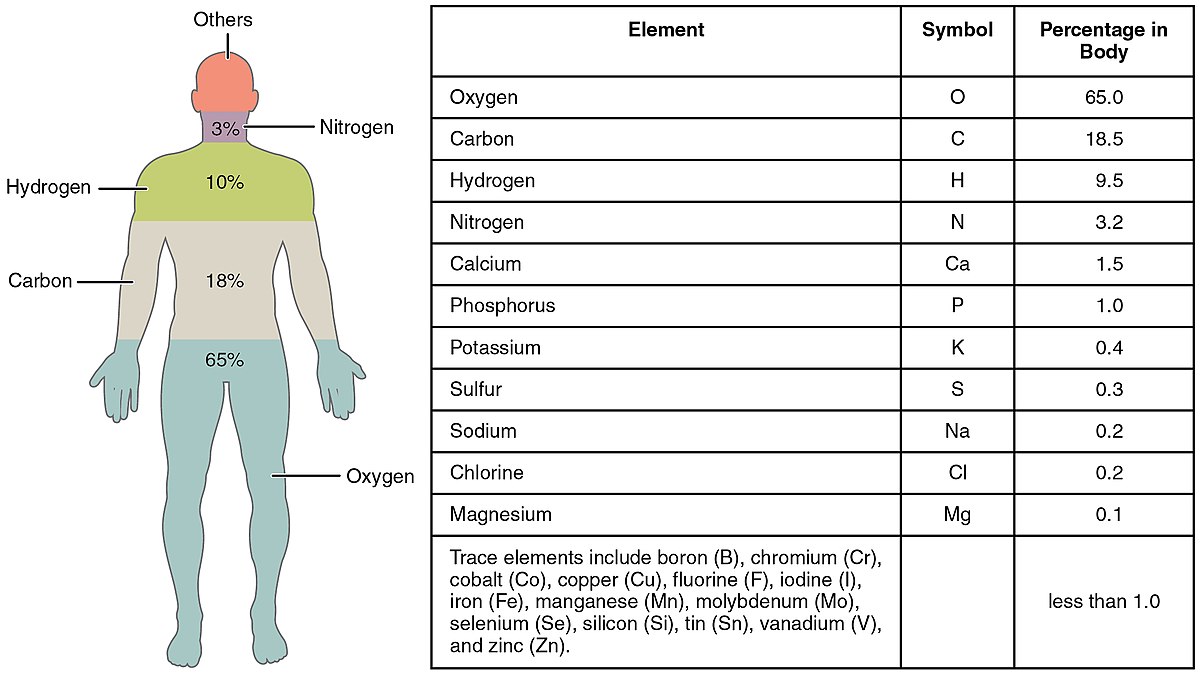
Carbon, being the second most abundant element (after oxygen) present in human body, makes up for 18% of our body mass.
3. Carbon Can Form Nearly Ten Million Compounds Through Chemical Bonding
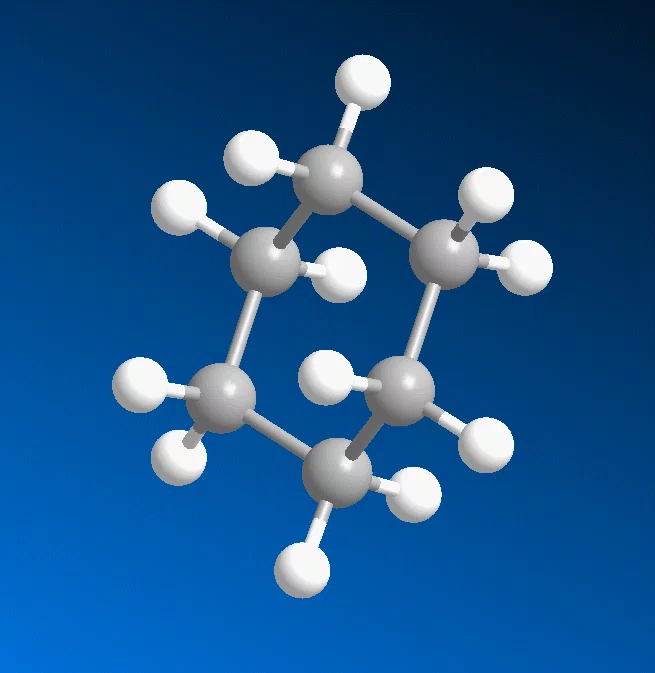
The non-metal ‘carbon’ has the ability to form chemical bonds with itself and other elements. As a result, it can form around 10 million compounds.
4. It Can Take The Form Of One Of The Hardest As Well As The Softest Substances

Interestingly enough, diamond and graphite are the two forms of elemental carbon that are one of the hardest and softest substances on Earth.
5. Carbon Is Formed In The Interiors Of Stars But Didn’t Originate During Big Bang

It has been known that carbon is formed in the interiors of stars; however, it was not surprisingly produced at the time of Big Bang.
6. Compounds Of Carbon Can Be A Lubricant, Gemstone & Much More

The carbon compounds countless uses. In the elemental form, carbon turns into diamond and can be used for cutting/drilling. As graphite, it can be used in pencils and as a lubricant and for protecting against rust. Charcoal is another form of carbon used for removing toxins, tastes and odors. The carbon isotope Carbon-14 is used in carbon dating.
7. Carbon Is The Element With Highest-Known Melting/Sublimation Points
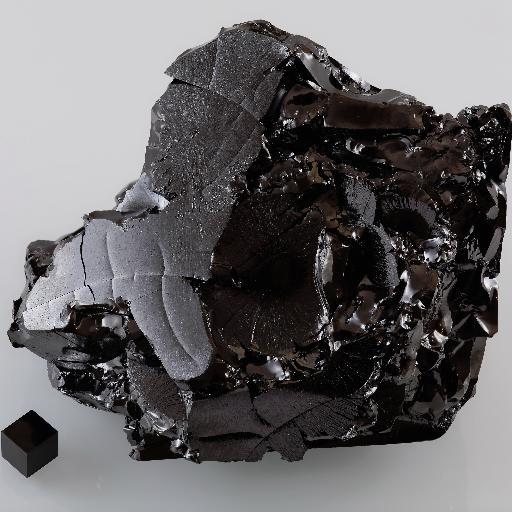
Carbon is known to have the highest melting/sublimation point among the elements. The melting point of diamond is nearly 3550°C and the sublimation point of carbon near about 3800°C.
8. Pure Carbon Has Been Into Existence In Nature Since The Ancient Times
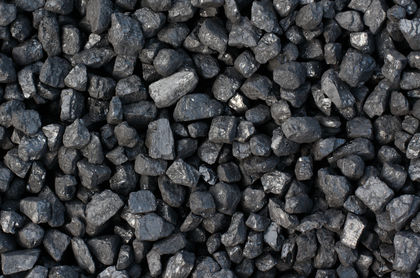
In nature, pure carbon has been existing in free form since prehistoric times. It is regarded as non-toxic; however, inhalation of fine particles like soot can be damaging for lung tissue.
9. A Scientific Breakthrough Has Led An Indian Coal Power Plant To Transform CO2 Into Baking Soda
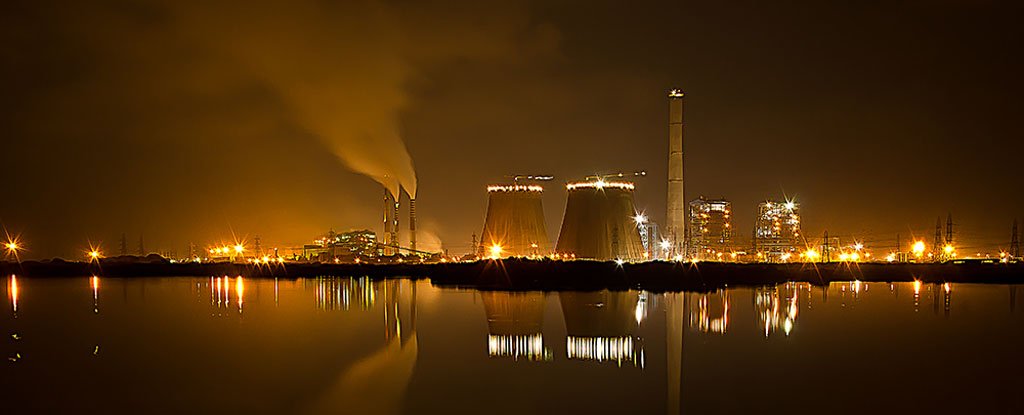
In an amazing breakthrough, an Indian firm named Carbon Clean Solutions managed to convert carbon dioxide into baking soda. This makes carbon capture profitable and sustainable.
10. Tracking & Reducing Our Carbon Footprint Can Help Save Money & Make Us Better Global Citizens
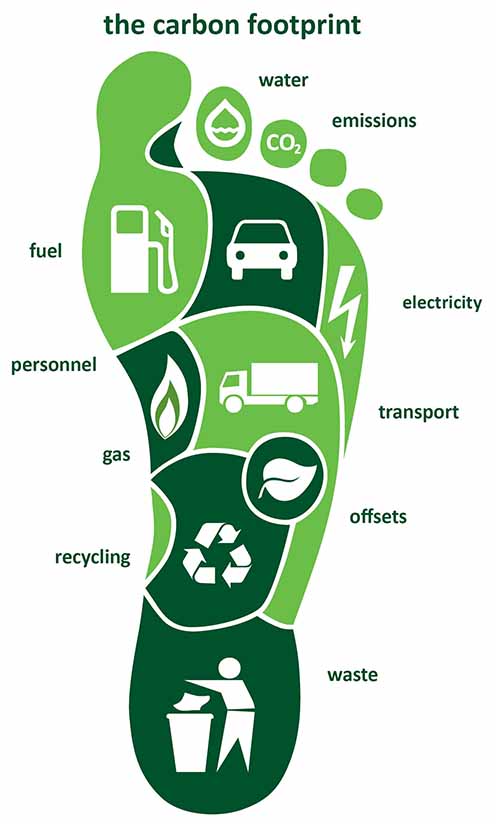
Humans do upset the natural balance, even though it’s by a small amount. As a responsible global citizen, we should monitor our carbon footprint through our energy, water and gas bills and the pesticides used by us on the plants. This will surely help in reducing the devastating effects of global warming. (14.1)
Popular Posts
What Is Trypophobia – A Disgust More Than Fear
"I can't really face small, irregularly or asymmetrically placed holes, they make me like, throw up in my mouth, cry a little bi...
Chandan Roy
16 Interesting Facts About Ambidextrous People
A lefty or left-handed uses his left hand more naturally and dominantly than the right hand. And the righty or right-handed is o...
Ethan Stephans
20 Interesting Facts About Meteoroid, Meteor and Meteorite
Watching celestial objects is a true delight. It is still fun to catch a sight of shooting stars when we grow up. A second of th...
Swati Bhandari








